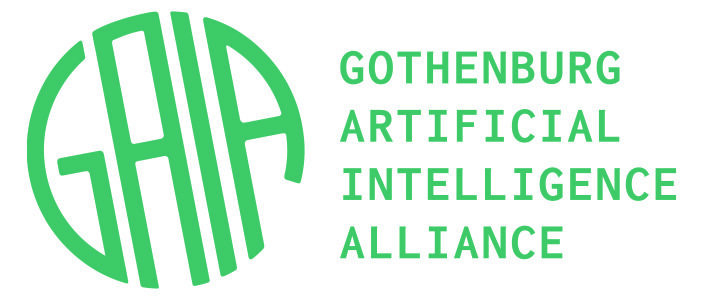Abstract
Machine learning and quantum computing are two expanding technologies with tremendous potential. What if they are combined, into quantum machine learning (QML)? I will give an overview of QML, pointing out that quantum mechanics makes it difficult to “quantize” classical ML algorithms such as artificial neural networks. Instead, existing QML algorithms are typically hybrid algorithms, part classical, part quantum. An alternative to making ML quantum is to use ML as part of the software required to operate a quantum computer. I will give some examples from my own research of both types of algorithms, using a hybrid QML approach to address a logistics problem and using deep reinforcement learning for compiling quantum code and for quantum error correction.
Mats Granath
Docent in Theoretical Physics @ University of Gothenburg
Mats Granath is docent in theoretical physics employed at the University of Gothenburg (GU). He has an MSc in Engineering Physics from Chalmers, a PhD from GU, and postdoc stays at UCLA and Nordita. Recent research has focused on quantum computing, quantum machine learning, and deep learning applications to both physics and engineering problems. He is a project PI at the Wallenberg Centre for Quantum Technology (WACQT), the director of the master’s program Complex adaptive systems at GU and Chalmers, and the coordinator at GU for the Swedish National Infrastructure for Computing (SNIC).

